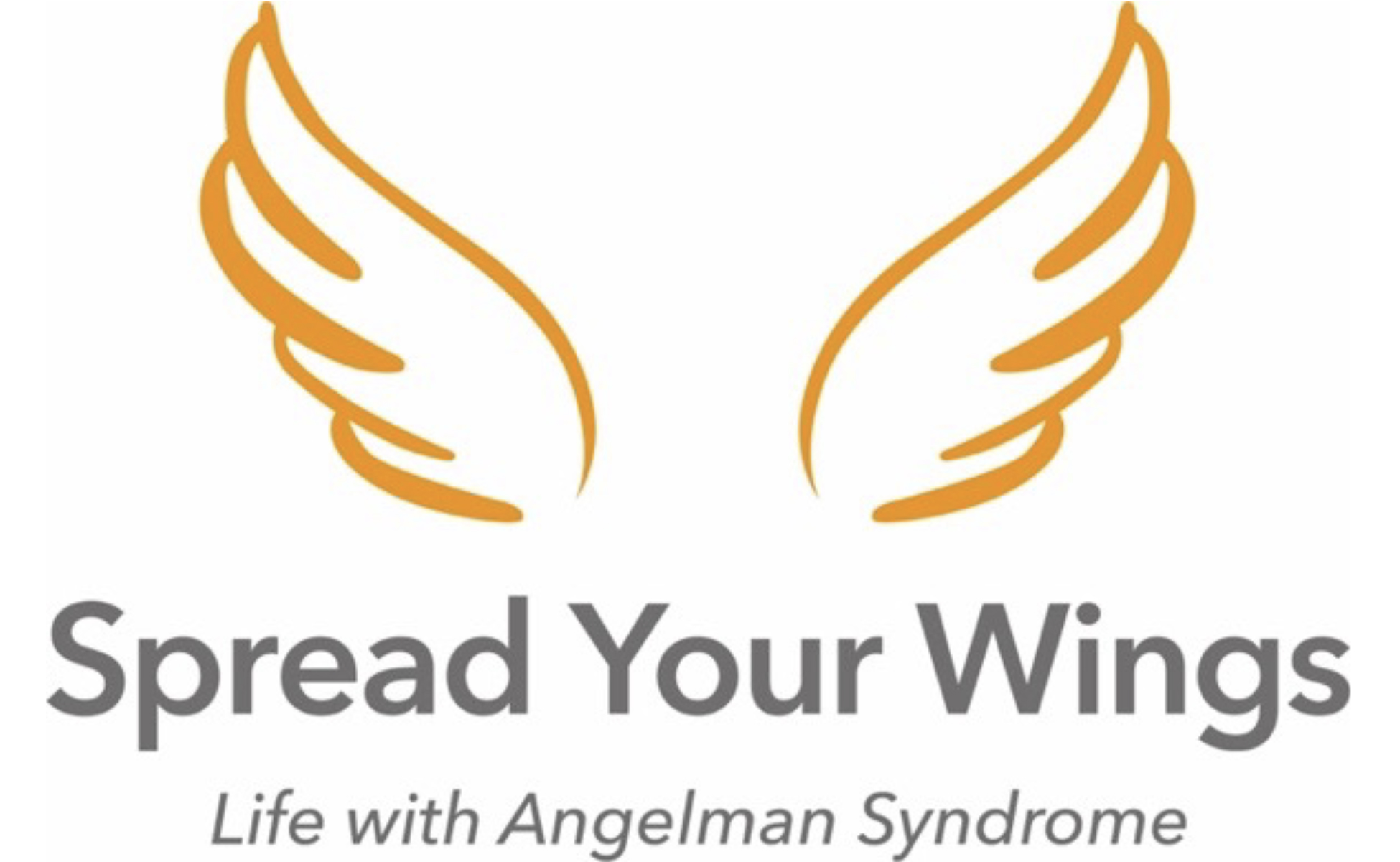LIFE WITH ANGELMAN SYNDROME
Answering your questions on Angelman Syndrome…
In the last edition, we introduced you to Leo who has Angelman syndrome and the charity inspired by him, called Spread Your Wings which gives hope to people living with this condition. Today, we explain more about the condition.
What is Angelman syndrome?
Angelman syndrome (AS) is a rare neurogenetic disorder which is caused by the absence or malfunction of the UBE3A gene on Chromosome 15.
How rare is Angelman syndrome?
It is estimated to occur in 1 in 15,000 births. When Leo was diagnosed, he was the only child in the London Borough of Barnet to have AS.

What are the characteristics of Angelman syndrome?
Every person living with Angelman syndrome is unique. Common features include developmental delay, cognitive impairment, little to no speech, motor dysfunction, seizures, gastrointestinal issues and endearingly, frequent smiling or laughter. Individuals with Angelman have near normal life expectancy but require life-long care.
Through genetic testing on a blood sample. Most children today are diagnosed between 9 months to 6 years.
What causes Angelman syndrome?
In most cases it is completely random and results from the child not getting the right copies of the UBE3A gene from its parents. This means there is no active copy of the gene in the child’s brain.
Can Angelman syndrome be treated?
There is no cure currently. Research is looking at targeting certain genes for treatment. Current treatment focuses on managing symptoms working with occupational, speech & language, behaviour and physio-therapists and most of all, their parents and carers to improve their capabilities and independence.
Why is it called Angelman syndrome?
It was first identified in 1965 by a paediatrician called Dr Harry Angelman.
Does anyone famous have Angelman syndrome?
Actor Colin Farrell’s son, James who is 20 years old lives with AS. Earlier this year, Colin opened up about his son’s condition and formed the Colin Farrell Foundation to support people with intellectual disabilities.
How can you help?
If you would like to know more about Angelman syndrome and the work of Spread Your Wings, please visit our website. If you can help us in any way, get in touch and if you can give any money, then please donate. We know that not everyone can do this, but please sign up for our newsletter or follow us on social media. LIKE | FOLLOW | SHARE
Registered Charity No: 1201650
Like | Follow | Share : @SpreadYourWingsUK

